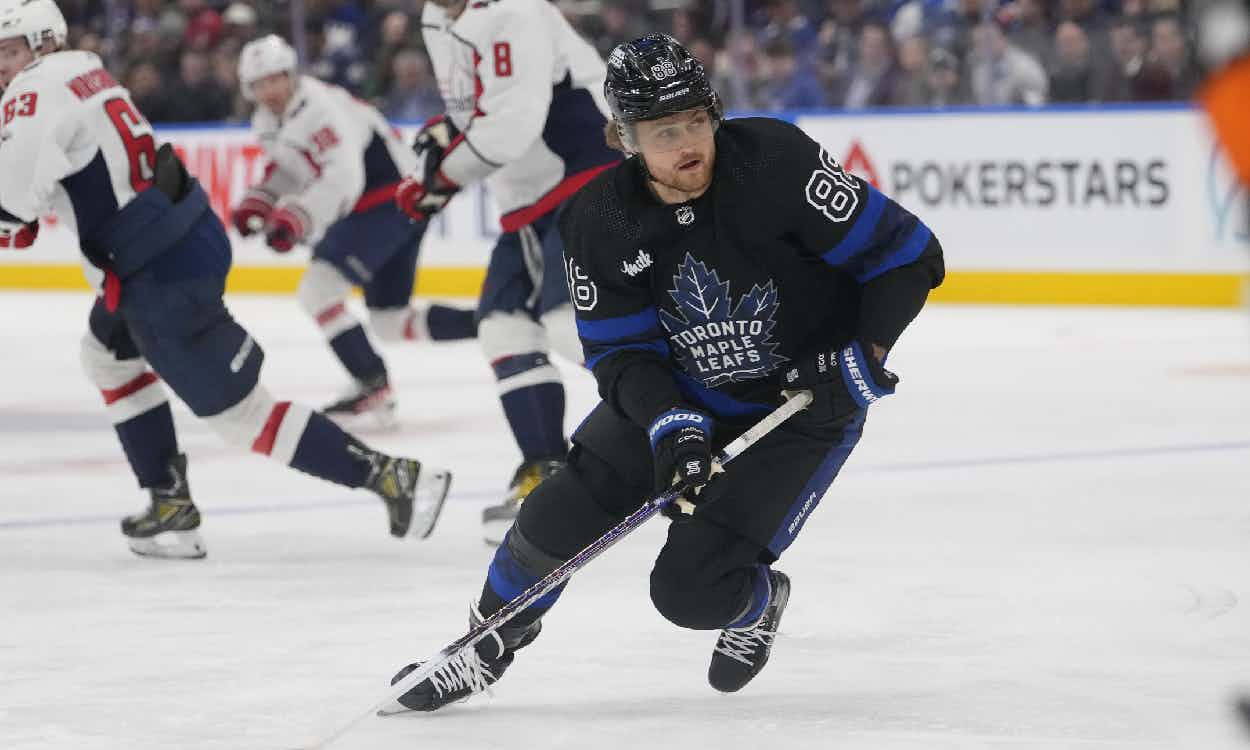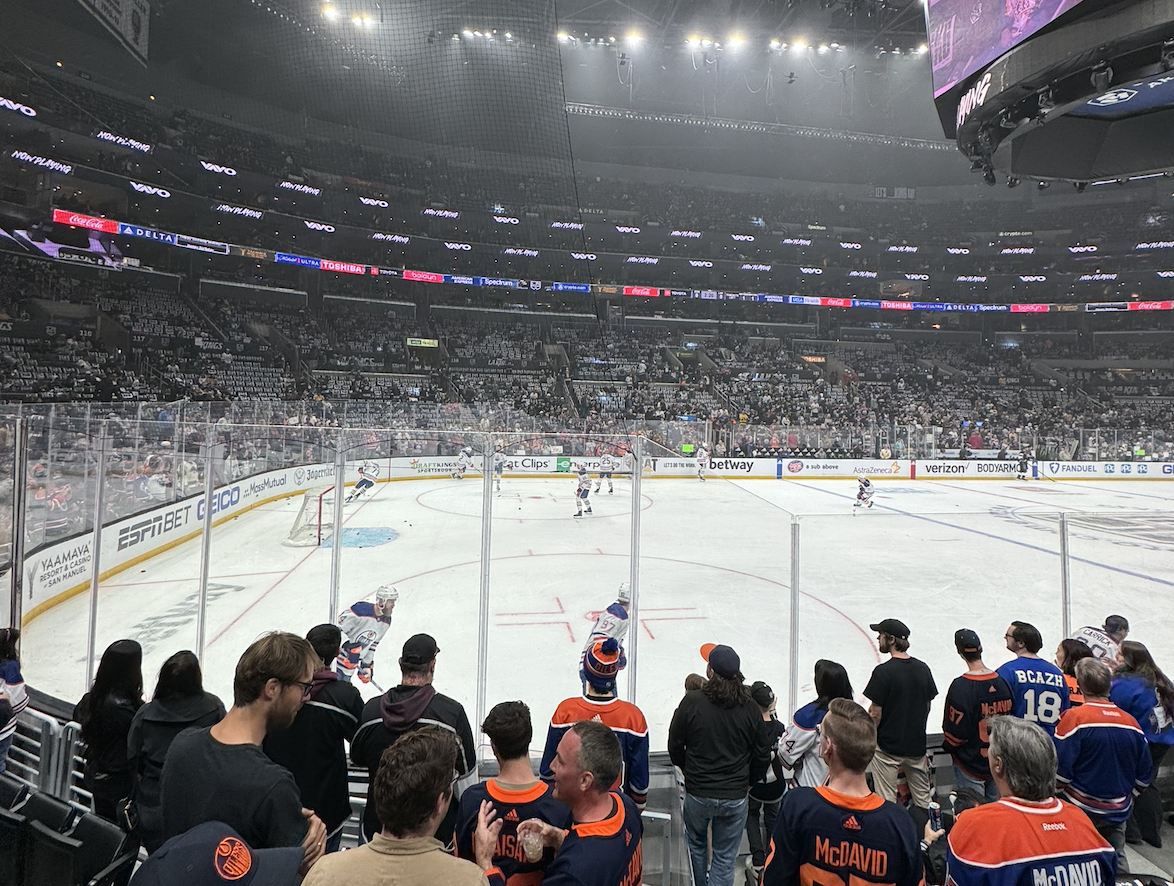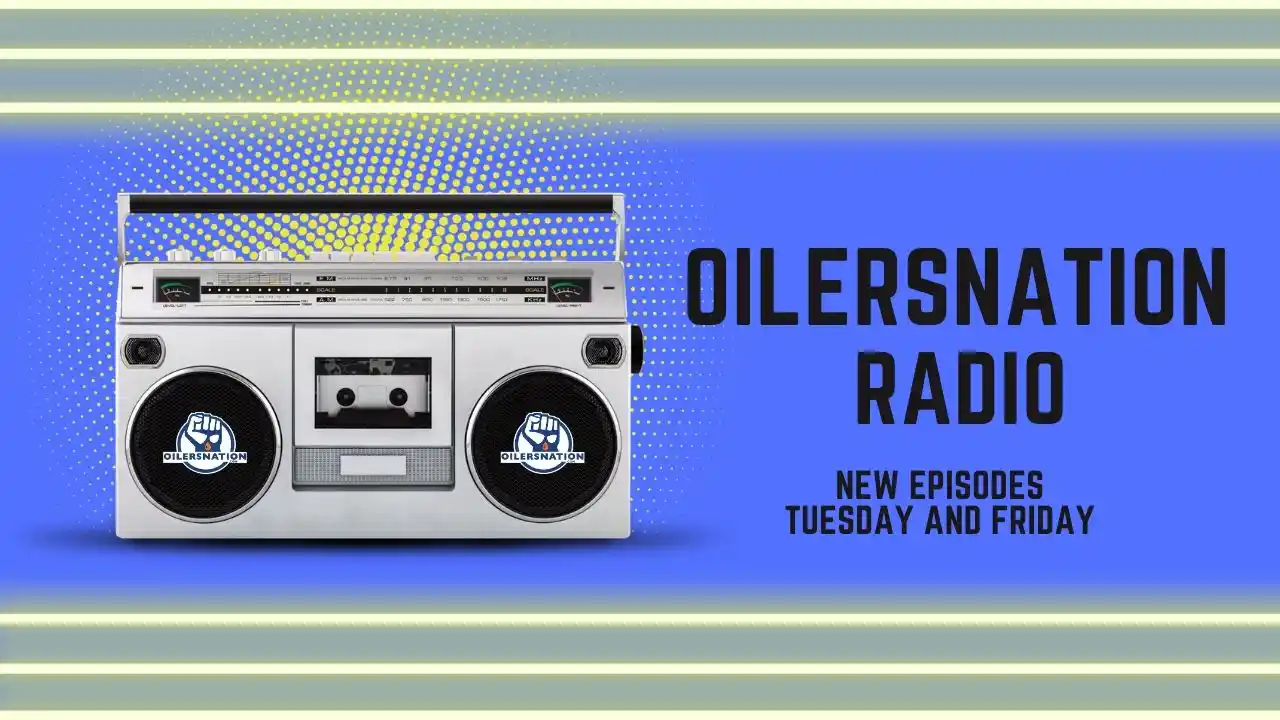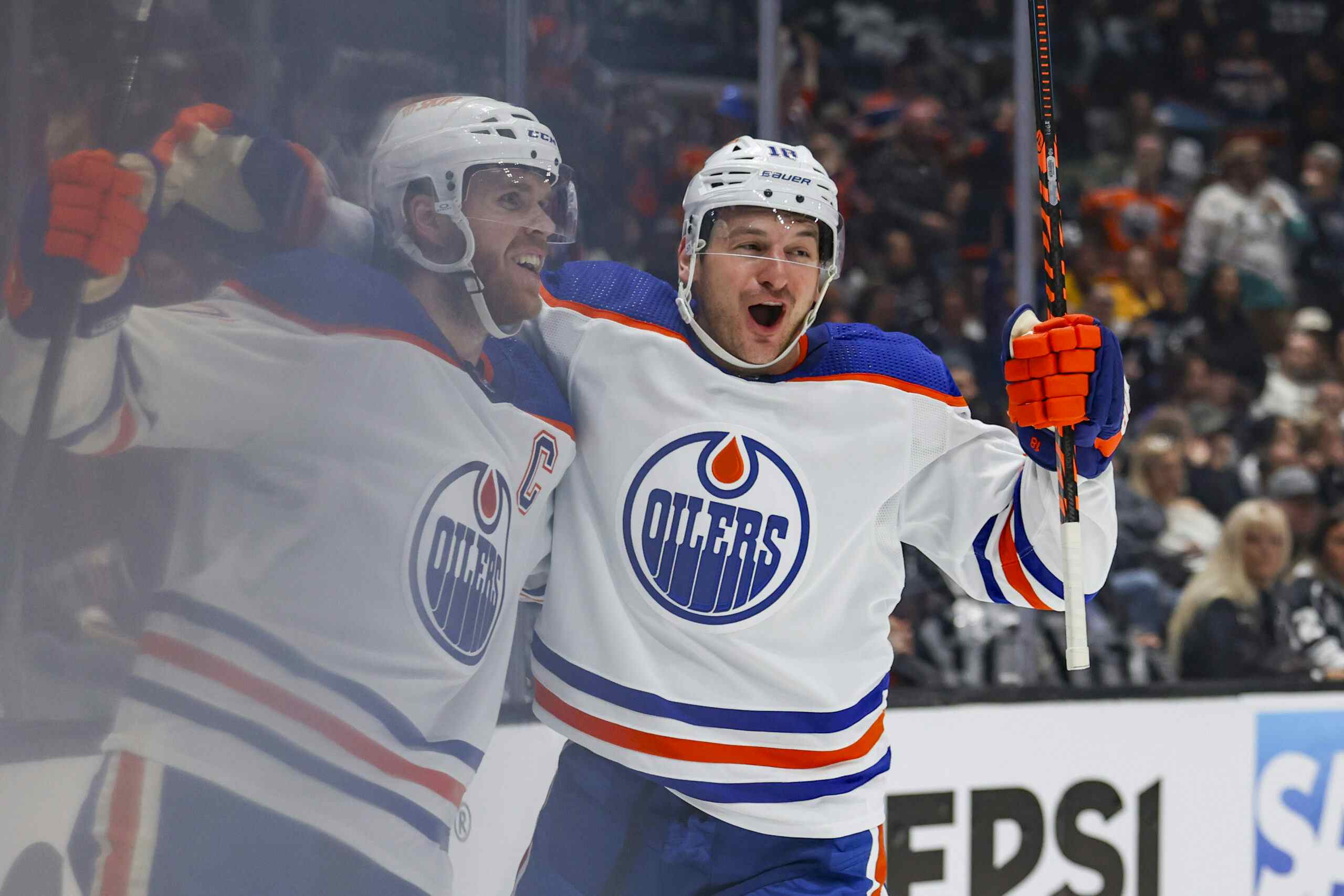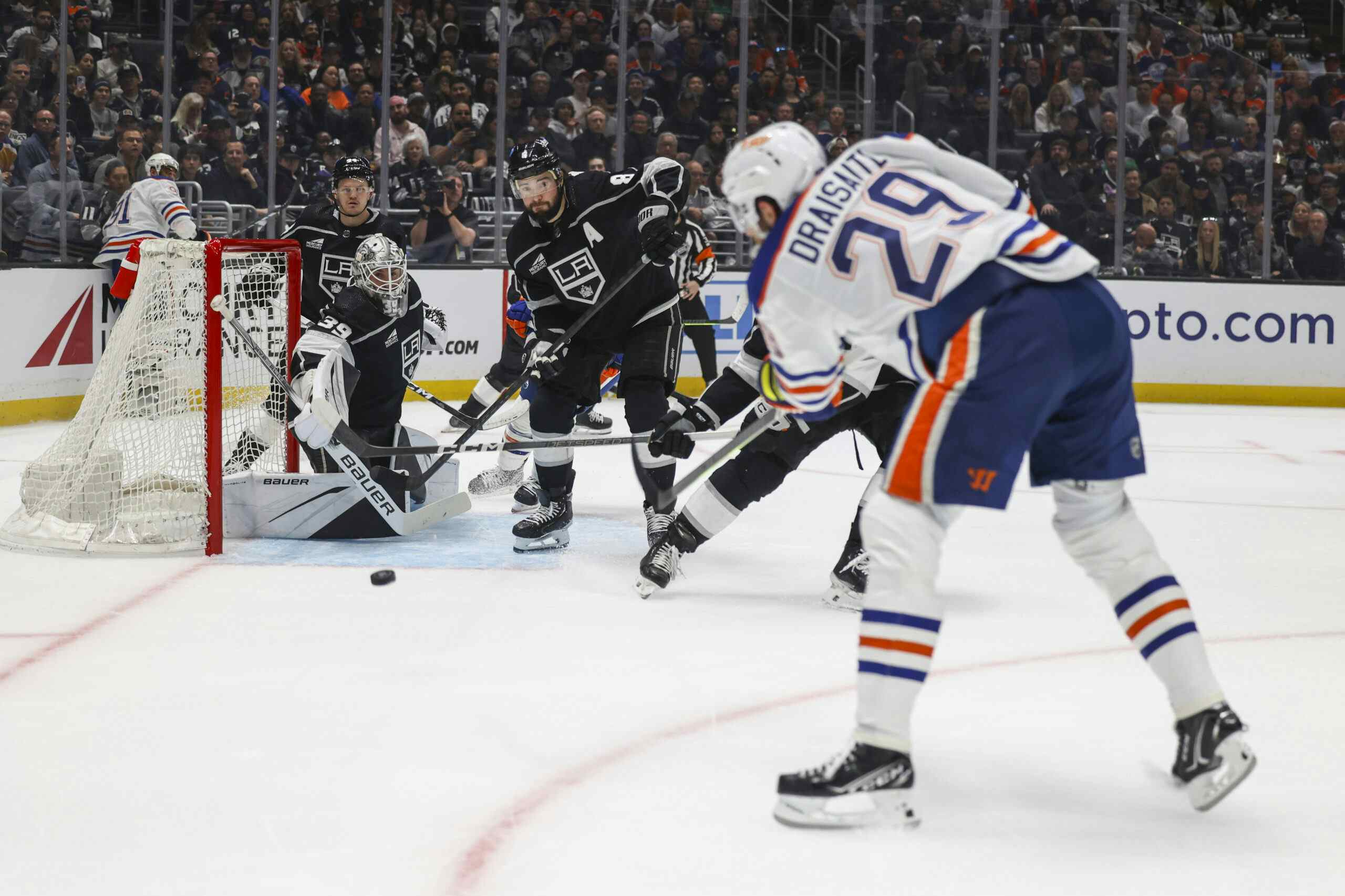Shopping for an Assistant Coach for the Edmonton Oilers

There has been a lot of discussion this summer about Dallas Eakins’ assistant coaches. Partially, that’s because coaching seems clearly to have been an issue this year, and the revolving door in Edmonton means Eakins himself isn’t likely to go. Partially it’s because his current assistants fit the ‘old boys’ bill a little too well and have had suspicious longevity in an organization that fires almost everyone else.
Moving beyond the current staff, what qualities would we expect to see in a new Eakins assistant?
Defence

The head coach typically runs the forward lines in-game, while his top assistant is responsible for sending out the defence pairings. So if we were picking a new top assistant for Eakins, ideally it would be someone who has some familiarity with defencemen.
An ability to develop defencemen is particularly important for the Oilers because they will be relying on a lot of young ones. Looking at the current defensive depth chart, the four most important people on it are probably Justin Schultz, Jeff Petry, Martin Marincin and Oscar Klefbom – that’s an awful lot of young talent that needs to grow in a hurry, and with others (Darnell Nurse, Dillon Simpson, Martin Gernat, perhaps even Aaron Ekblad) on the way the Oilers’ ability to develop defencemen may very well dictate the success or failure of the rebuild.
Power Play

Dallas Eakins is not a good power play coach. The Oilers’ power play this year struggled, and this isn’t a new thing; when we considered the coach last summer one of the concerns was the impotent man advantage of the Toronto Marlies:
Special teams have been a wash – mostly because Eakins has coached a brilliantly successful penalty kill and a stubbornly impotent power play. Twice he’s coached the best penalty kill in the AHL; three times he’s coached a bottom-five power play. Additionally, his penalty killers tend to score goals while his power play units tend to be scored on.
Eakins’ history suggests that the Oilers would be well-served if he got some help running the man advantage.
Experience

Eakins’ assistants in 2013-14 have a combined total of (1) years of head coaching experience – Kelly Buchberger’s middling season at the helm of the Springfield Falcons. Keith Acton’s been through the wars (he was an assistant coach alongside Craig MacTavish and Charlie Huddy on the 1998-99 New York Rangers, and he’d already been in the coaching game for half a decade at that point), but he’s never been the guy making the final calls.
Buchberger got one year in the AHL and has spent the last six as an assistant coach in Edmonton. Steve Smith got a year as an assistant to Brian Sutter in Calgary; otherwise his resume of pro coaching experience includes the last four seasons in Edmonton.
Ideally, a new assistant would bring experience as a head coach and a more varied history to the staff.
The Obvious Choice

Well, duh.
Todd Nelson had a pretty decent journeyman’s career as a defenceman during his time as a player. He has history with pretty much all of the key young prospect blueliners the Oilers desperately need to develop over the next few years; he helped Schultz, Petry, Marincin and Klefbom adapt to the professional game, excel in the AHL and ultimately graduate to the majors. Not only has he had success in general in developing defensive prospects; he’s had success with these defensive prospects.
Nelson’s Barons have had a better than 20 percent success rate on the power play in each of the last two seasons. Last year they led the AHL with a 21.6 success rate; in 2013-14 the team improved to 22.1 percent but fell to third in the league – and they managed it without any proven high-end AHL scoring forwards.
Nelson has been Oklahoma’s head coach for four seasons, four seasons in which his team made the playoffs every time after years and years of failure for the Oilers’ AHL affiliate. As an assistant to John Anderson before that, Nelson won an AHL championship with the Chicago Wolves and eventually spent two years in the same role in the NHL. Before that, he was an assistant coach on Detroit’s AHL affiliate and went on to win two championships in the UHL, a team that had a working relationship with that same Red Wings AHL affiliate.
So the first question is: How often does a team have an internal candidate who checks off the needed boxes so perfectly? The second is: How often does a team pass on an internal candidate who seems such an obvious fit?
RECENTLY BY JONATHAN WILLIS
Recent articles from Jonathan Willis

